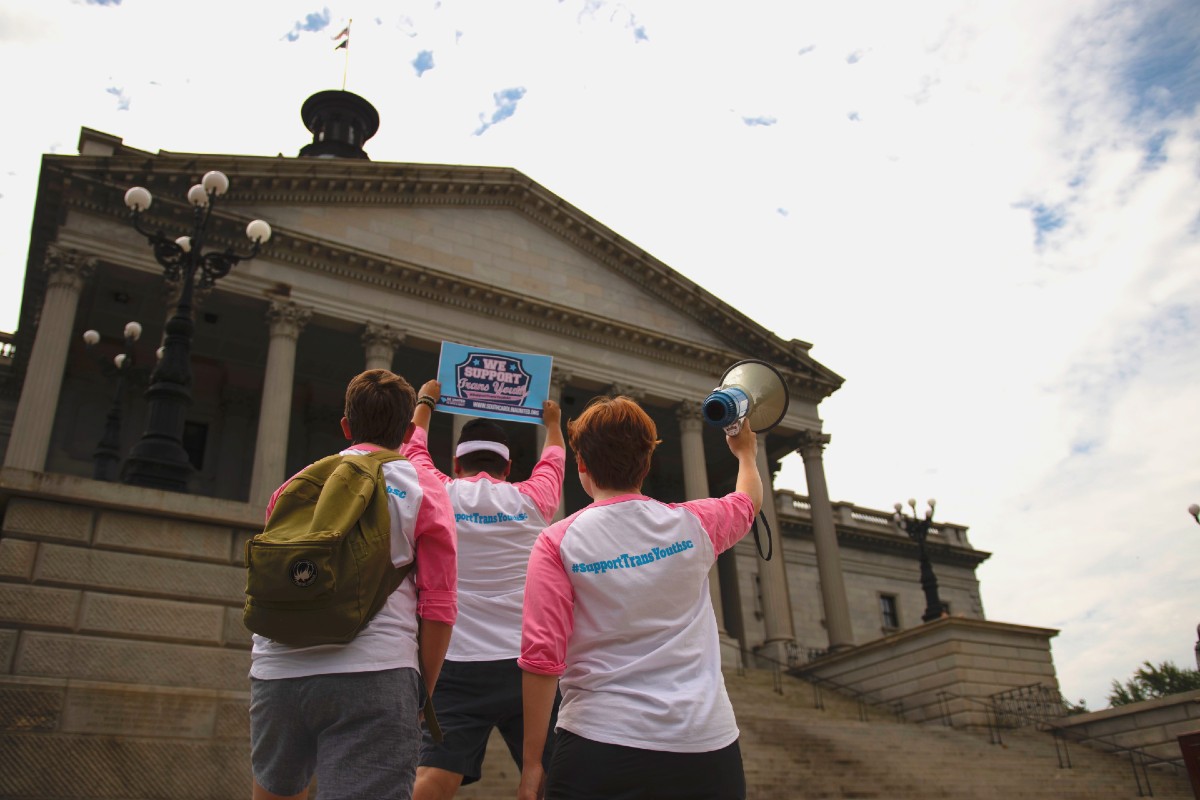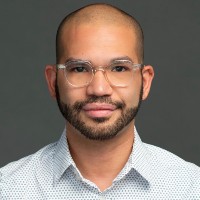
“A child will make two dishes at an entertainment for friends; and when the family dines alone, the fore or hind quarter will make a reasonable dish, and seasoned with a little pepper or salt will be very good boiled on the fourth day, especially in winter.”
– From Jonathan Swift in “A Modest Proposal,” 1729.
By Domenico Ruggerio, special to Statehouse Report | South Carolina lawmakers seem to want to satisfy an imagined moral famine by marginalizing the state’s LGBTQ+ youths. It’s as if they take Jonathan Swift seriously and want some of our children served medium rare with a side of steak sauce. They need to stop continuing attacks on some of our children. It’s just plain wrong.

During SC’s 2021 legislative session, we witnessed a record number of anti-LGBTQ+ bills introduced. Advocates pushed hard to ensure none advanced, including six versions of an anti-transgender student athletics bill. Moreover, in 2022, there are numerous proposed bills which would sanction anti-LGBTQ “conversion therapy,” restrict transgender students from participating in school sports, prohibit trans-affirming medical care, allow anti-LGBTQ medical discrimination and challenge the teaching of “critical race theory” in South Carolina schools— all of which are troubling attacks for BIPOC (Black Indigenous People of Color), LGBTQ youth and for all seeking to advance intersectional social justice.
These systematic attacks on LGBTQ+ youth, who want nothing more than dignity and respect to live their authentic selves, take a toll on their mental health. LGBTQ+ youth in South experience many mental health disparities, including high rates of depression, substance use, suicide and housing instability. In the region’s largest LGBTQI+ health survey to date, the Campaign for Southern Equality reported more than half of LGBTQ+ people in South Carolina reported experiencing depression (71%) and anxiety (63%)—and rates were even higher for trans individuals and those who are BIPOC.
Additionally, according to The Trevor Project’s poll in January, 66% of all LGBTQ+ young people said their mental health had been negatively affected by recent debates about state laws restricting the rights of transgender people. The impact is even greater among trans and non-binary youth: 85% of those polled said their mental health had been negatively affected. When asked about what the most important issue is affecting the world, most LGBTQ+ youth stated racism, followed by LGBTQ rights/equality.
Recognizing these urgent needs, as the state’s oldest LGBTQ+ youth-serving nonprofit, We Are Family launched a mental health assistance program last year to offer free and affirming mental health services to LGBTQ+ youth in the South Carolina Lowcountry. Since the program’s inception, we have provided over 210 hours of affirming therapy to 45 youths. Eleven therapists have been recruited and trained for our provider network. In addition, we have trained more than 30 mental health providers in LGBTQI+ youth cultural competency, and we currently have 17 youths on our therapy waitlist.
As a co-leader of the SC United for Justice and Equality coalition, We Are Family works collaboratively with 30+ organizations across the state to equip queer and trans youth with the leadership and organizing skills so they can advocate for themselves and others at the local and state levels.
It takes a village. We Are Family will continue to be a lifeline for our LGBTQ+ youth. We need to focus on building a South Carolina where everyone– including LGBTQ+ youth– can thrive.
And to those who continuously push these bills: Satisfy that hunger with a Snickers instead.
Domenico Ruggerio is the executive director of We Are Family, a grassroots nonprofit that cultivates affirming spaces for LGBTQI+ and ally youth across SC by providing direct services, leadership development, and community engagement opportunities that have a lasting and measurable impact.



These same legislators refuse to pass anti-Hate Crime legislation because it will enhance penalties for bias crimes including those that target people who identify as LGBTQ +. How can we expect people, especially young ones, to respect and value themselves if our laws don’t?